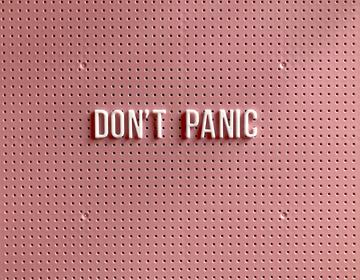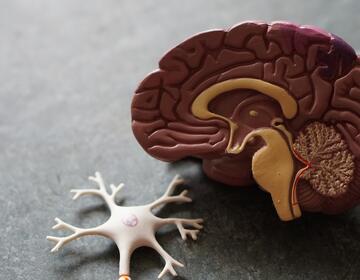Parents, educators, and school-based mental health providers often feel lost when working with teens who use drugs. For a long time, drug education programming has mostly focused on fear tactics and "abstinence is the only option," rather than addressing the health needs of people who use (or might use) drugs.
Instead of teaching young people how to navigate tricky situations that involve alcohol and other drugs, we have mostly relied on the false belief that if we simply scare them enough they'll stay away. This approach works for some, but it doesn't help anyone become more informed about the realities of drug use and the real-world situations they might encounter. Young people who avoid drugs are still likely to encounter alcohol and drug use at some point in their lives through a friend or family member or co-worker, and they should be adequately informed as well.
Most importantly, abstinence-only drug education doesn't work for the teens who are most vulnerable to overdose and addiction. They are the least likely to trust authority figures like parents and teachers, and far more likely to rely on their peers for information about drugs.
My approach to drug education is based on the assumptions that every risky choice can be made safer, and that no matter how much we warn kids to stay away from drugs, some of them are going to use drugs anyway. This does not mean we ignore it. In fact, we do the opposite. We turn towards their choices and say, "I see you're using drugs. I'm here to listen." This must be done without the expectation that they work towards sobriety because, as uncomfortable as we might be knowing our young ones are using drugs, we simply cannot control what another person puts in their body. Drug users who are treated with respect and provided with the right tools to make safer choices tend to gravitate towards communities where moderation is valued. Sobriety is always an option, but not everyone chooses that option. No matter what option someone chooses, they still deserve support.
First and foremost, the harm reduction approach is realistic. If I know that someone might use drugs despite being warned of the risks, then I'm going to make sure they have the tools to avoid serious health complications. I'm going to make sure they understand how to avoid needlessly endangering themselves, such as driving while intoxicated or combining two drugs with high-risk effects. I'm going to help them understand how addiction actually happens so they can practice moderation and self-control.
One of the biggest mistakes we make when approaching teens who use drugs is assuming they are stupid, dangerous, "bad" or some combination thereof. This is a grave error because it means that stigma and judgment are guiding our conversations. The teens I know who use drugs tend to be incredibly bright, compassionate, creative, intelligent, and self-aware. They don't need us to judge them: they need to be heard and understood. Otherwise, our stigma turns into their internalized shame. Shame only leads to more drug use.
I've developed honest, scientific drug education and overdose prevention curriculum as well as interactive workshops for schools in Maryland, California, and Tennessee.
Drug education services include:
Private school rate is $200/hour for any service.
Public school rate is $125/hour for any service.
Coaching for parents is $150/hr.


